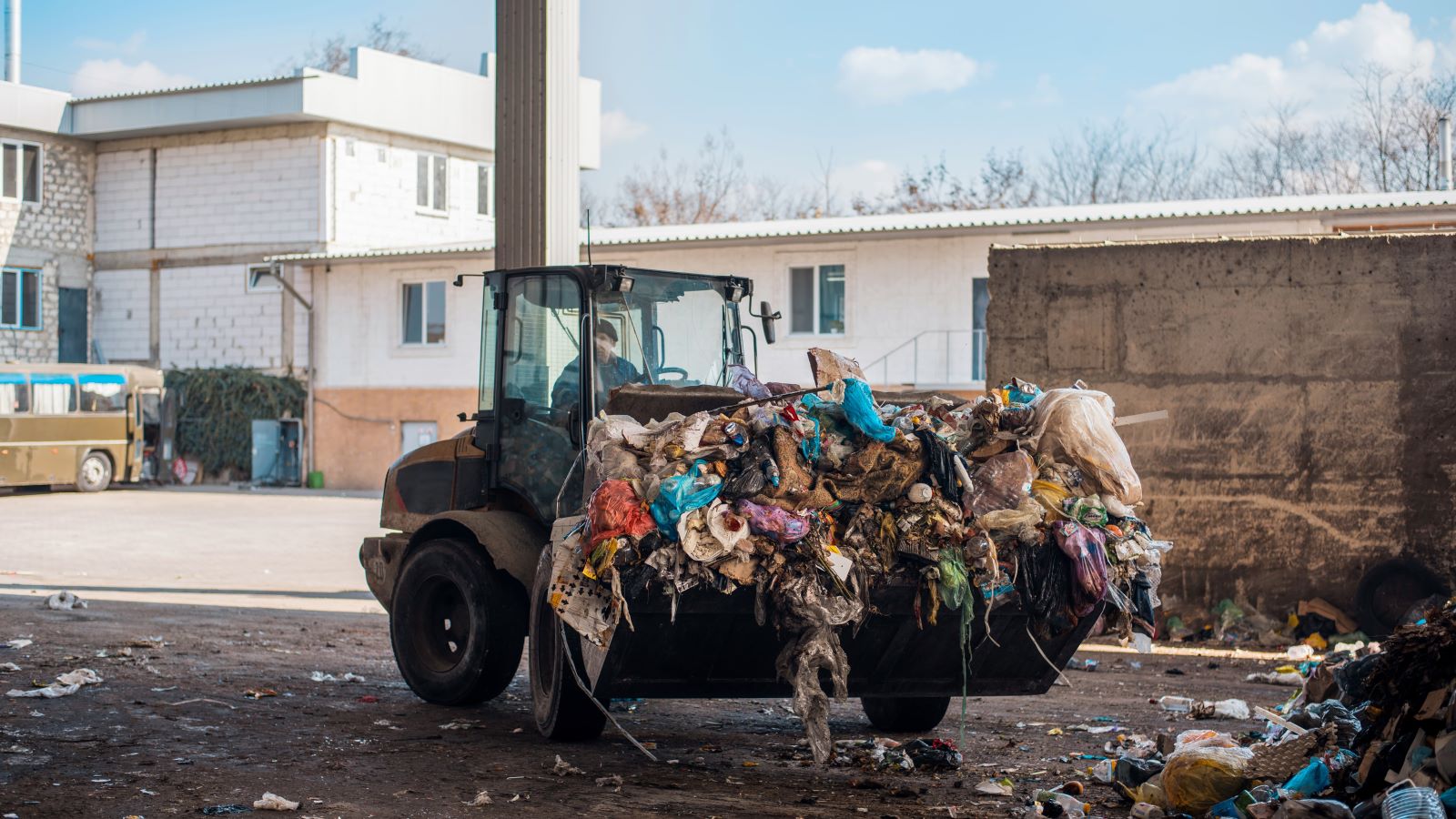Waste Disposal Companies: A Historical Perspective
Waste disposal companies are specialised organisations that manage the collection, treatment, and disposal of waste materials generated by households, businesses, and industries. They play a crucial role in modern society, evolving in response to shifting environmental needs, technological advancements, and increasing public awareness. Exploring the history of these companies offers valuable insights into their current functions and underscores their importance in promoting sustainability and public health.
The Early Days of Waste Disposal
The concept of waste management dates to ancient civilisations, where refuse was often dumped in designated areas away from living spaces. In Ancient Rome, public sanitation systems were developed, including waste collection and disposal services, which laid the groundwork for modern practices. However, it wasn’t until the 19th century that waste disposal began to take on a more organised structure.
In the early 1800s, cities like London and New York faced significant public health crises due to unsanitary conditions and the accumulation of waste. This led to the establishment of municipal waste collection services, marking the first steps toward formal waste disposal companies. By the mid-1800s, companies dedicated to waste management began to emerge, driven by the need for cleaner cities and improved public health.
The Industrial Revolution and its Impact
The Industrial Revolution of the late 18th and early 19th centuries brought about rapid urbanisation, leading to an increase in waste generation. As factories and industries proliferated, so did the need for effective waste disposal solutions. The introduction of horse-drawn carts for waste collection marked a significant advancement, allowing for more efficient removal of refuse from urban areas.
By the late 1800s, waste disposal companies were becoming more established. These companies started to implement more systematic approaches to waste collection and disposal, including the creation of landfills and incineration facilities. However, these methods were often rudimentary and lacked the environmental considerations we expect today.
The Mid-20th Century: A Turning Point
The mid-20th century marked a pivotal moment in the evolution of waste disposal companies. The post-World War II era saw a dramatic increase in consumerism and the subsequent generation of waste. As environmental awareness grew, so did concerns about pollution and its impact on public health. In response, the waste management industry began to adopt more sophisticated methods.
In the 1960s, legislation aimed at controlling waste disposal practices was introduced in various countries. The U.S. established the Environmental Protection Agency (EPA) in 1970, which set forth regulations to ensure safe waste disposal and reduce environmental impact. Waste disposal companies had to adapt, shifting from basic refuse collection to more comprehensive waste management strategies that included recycling and hazardous waste management.
The Rise of Recycling and Sustainability
As public awareness about environmental issues continued to grow in the late 20th century, waste disposal companies began to incorporate recycling into their services. The 1980s and 1990s saw an increase in community recycling programs, driven by both government initiatives and private sector efforts. This shift not only reduced the volume of waste sent to landfills but also encouraged a culture of sustainability.
Today, waste disposal companies play a crucial role in the circular economy, emphasising the importance of reducing, reusing, and recycling. Many companies now offer a range of services, from traditional waste collection to advanced recycling programs and composting services, aligning their operations with sustainable practices.
The Role of Waste Disposal Companies Today
In the modern era, waste disposal companies are more than just service providers; they are essential partners in promoting environmental sustainability and public health. Their roles include:
- Waste Collection and Management: Efficiently collecting waste from residential, commercial, and industrial sources.
- Recycling Programs: Implementing systems to recycle materials and reduce landfill waste.
- Hazardous Waste Disposal: Safely managing and disposing of hazardous materials to protect public health and the environment.
- Community Education: Raising awareness about the importance of responsible waste disposal and sustainable practices.
The evolution of waste disposal companies reflects broader societal changes and growing environmental consciousness. From their early beginnings in ancient civilisations to their current role as leaders in sustainability, these companies have adapted to meet the needs of society while addressing environmental challenges. As we look to the future, waste disposal companies will continue to be vital in shaping a cleaner, more sustainable world. By understanding their history, we can better appreciate their contributions and support their ongoing efforts in waste management.
To learn more about how waste disposal companies can contribute to a sustainable future and support your waste management needs, get in touch with us today. Together, we can create a cleaner, healthier environment for everyone.







